Producing knowledge on violent extremism and how to counter it: is another way possible?
Dr Jennifer Philippa Eggert
Senior Research Associate, JLI
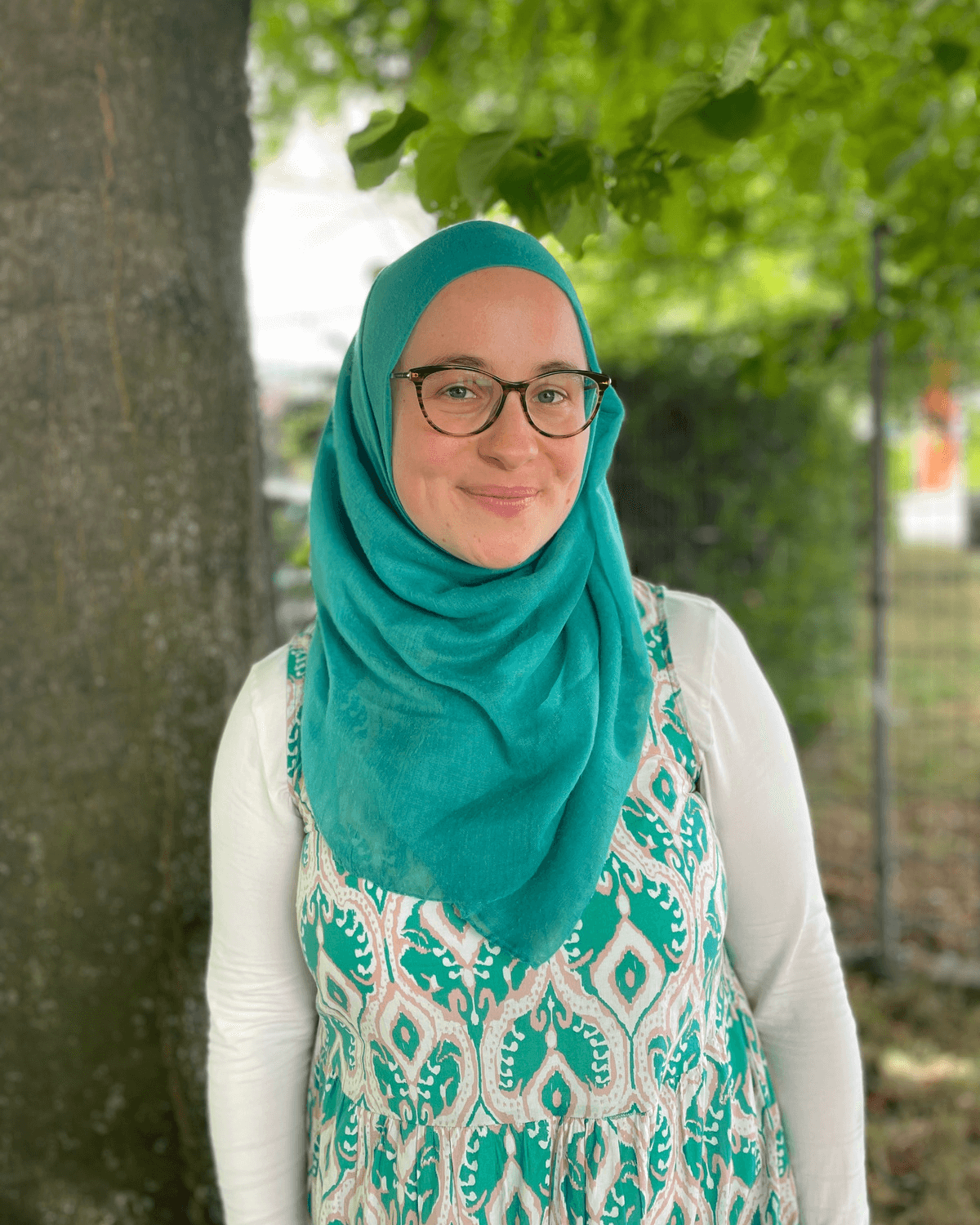
There are few societies across the globe where ideologically motivated violence in one form or another – from rightwing to leftwing, secular or religious, non-state or state-executed – is not a threat to social cohesion, peaceful coexistence and just societies.
In nearly fifteen years studying and working on preventing violent extremism (PVE) initiatives, I have been struck by how flawed many of these programmes across the world are. PVE initiatives are increasingly criticised for sidelining local actors and civil society voices (including notably youth, women, faith actors, and other marginalised groups), prioritising security at the expense of human rights, relying on ambiguous terms such as extremism and radicalisation, and perpetuating racist and Islamophobic stereotypes.
Therefore, by attempting to tackle one problem – violent extremism – another set of challenges is often created through poorly conceived and implemented PVE initiatives.
Similarly, research and evidence on violent ‘extremism’ and PVE is also usually dominated by secular and Western actors, with faith-based and Global South voices often not engaged in knowledge production to the same extent. Evidence on the role of faith actors and other civil society actors is patchy and usually not written from the perspective of these groups themselves. This compounds already exclusionary PVE practices, as local actors and civil society groups have little leverage to correct debates and practices on PVE that do not reflect their views and priorities.
But what if another way was possible?
When JLI decided to embark on a project relating to PVE, youth, and faith with funding from iDove* in 2022, we knew we had to be intentional in challenging existing, extractive approaches to PVE that give precedence to international actors’ priorities on PVE over what local actors want. We wanted to be true to our values of amplifying, rather than drowning out, the voices of local actors; of sharing capacity, rather than hoarding skills and resources; of allowing ourselves to be challenged, rather than sitting comfortably in our existing assumptions, in line with our Fair and Equitable Approach.
We committed to co-creating a project with young participants that would allow them to build their skills to create and communicate their own research projects about PVE, conflict and peace in their local contexts – enabling them to lead and shape debates and practices about PVE in their own communities.
The project brought together 11 young people from across Africa, Asia, Europe, and the Middle East. Between September and December 2022, participants received training in basic research methods, covering issues such as research ethics, data collection, data analysis, writing up, and communicating research. The exact focus of the trainings was confirmed in consultation with the participants, in order to accurately reflect their priorities and needs.
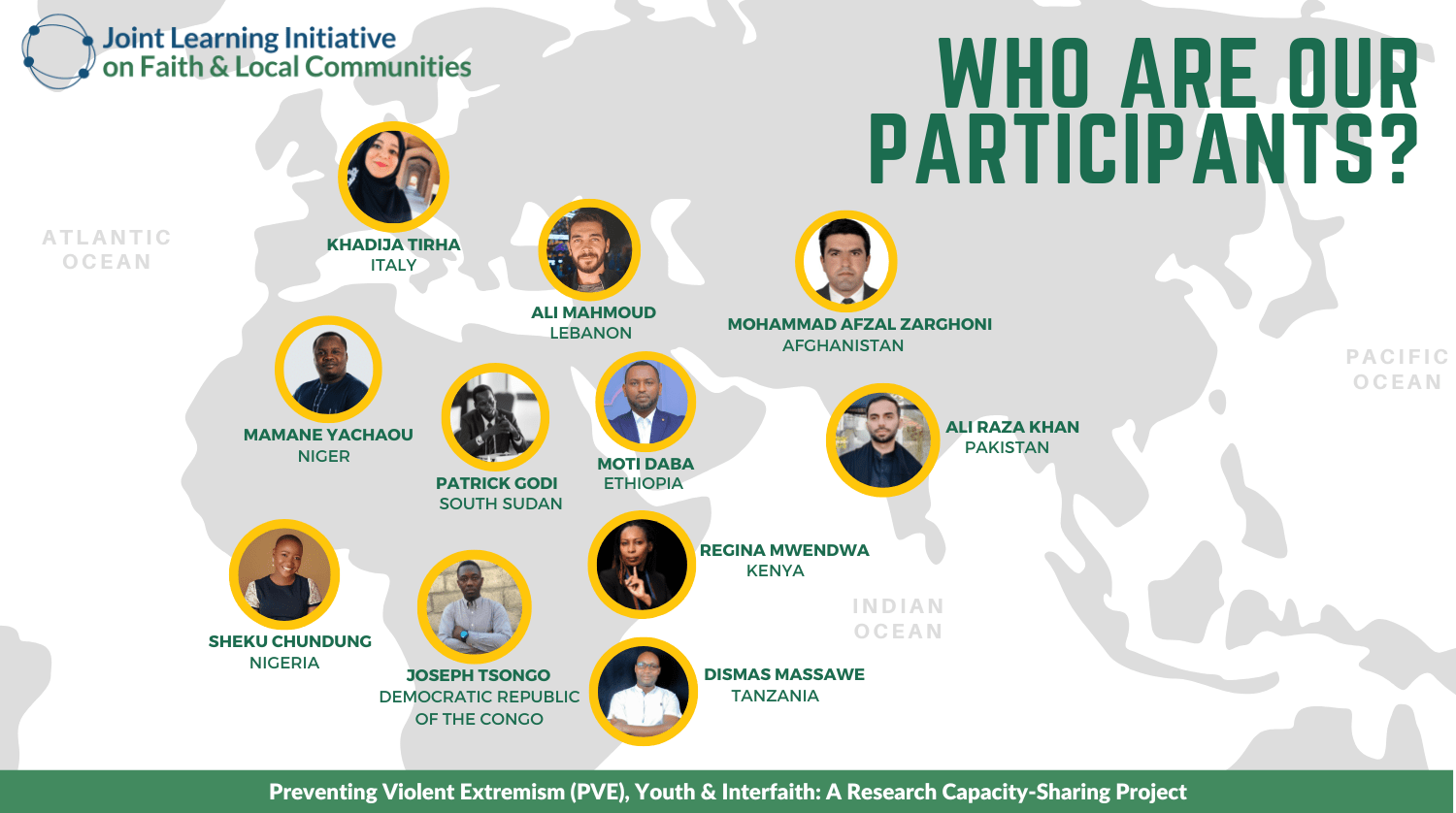
Participants then planned and implemented small independent research projects on various topics related to PVE, conflict and peace, with a focus on youth and/or religion. They were accompanied throughout the process by the JLI team. Weekly meetings in the group allowed the participants to share updates about their work and receive feedback from the JLI team and other members of the group. Participants were also encouraged to provide peer-to-peer support through a research buddy system.
Moreover, in recognition of the structural and financial barriers to participation faced by some of the new researchers, participants were supported with bursaries and funds to cover their expenses and the costs of their time.
By the end of the 10 weeks, participants had created a host of diverse research papers, reports and policy briefs, spanning everything from storytelling as a tool for PVE in Nigeria, to the impact of hate speech on the mental health of peacebuilding youth in Lebanon, the views of the far-right by Muslim women in Italy, and the impact of PVE education in Kabul University in Afghanistan.
That is to say, a whole body of evidence on PVE, youth, and faith had been created by young researchers working on the frontlines of conflict, PVE and faith communities.
The impact of the project is clear: at the start, 85.7% of surveyed participants stated that they had little or average knowledge of research. Yet after completing the programme, 90% of participants stated that they now had good or advanced knowledge of research.
Yet it wasn’t just in their knowledge of research where we saw change. It was in their confidence. Multiple participants told us that one of their key learnings from the project was they could do research. They learnt that research was not only the reserve of a few academics, of those with funds and time on their hands, often based in the Global North. Participants learnt that creating research was not just within their reach, but that they were more than capable of leading and sharing their own research projects.
“I will conduct research more often,” one participant said – “I am a researcher”.
This is the heart of what our project set out to achieve. Because it was not 11 pieces of locally-led research that we ultimately wanted to see come to light. But rather, 11 new researchers: rooted in their communities and confident, capable, and unafraid to shape the discourse on PVE, youth, and faith.
Maybe another way is possible after all. Maybe our project, and the 11 people who worked with us, have made a small contribution to modelling a different way of producing knowledge on violent ‘extremism’ and PVE.
*iDove was jointly launched by the African Union Commission’s Directorate of Citizens and Diaspora Organizations (AUC-CIDO) and the Deutsche Gesellschaft für Internationale Zusammenarbeit (GIZ GmbH) on behalf of the German Ministry for Economic Cooperation and Development (BMZ) in 2017
Find out more about the project here
Read the research papers here
Watch the recording of the final webinar presenting our work here
Read the policy/practice brief summarising key learnings on research capacity-sharing for PVE here
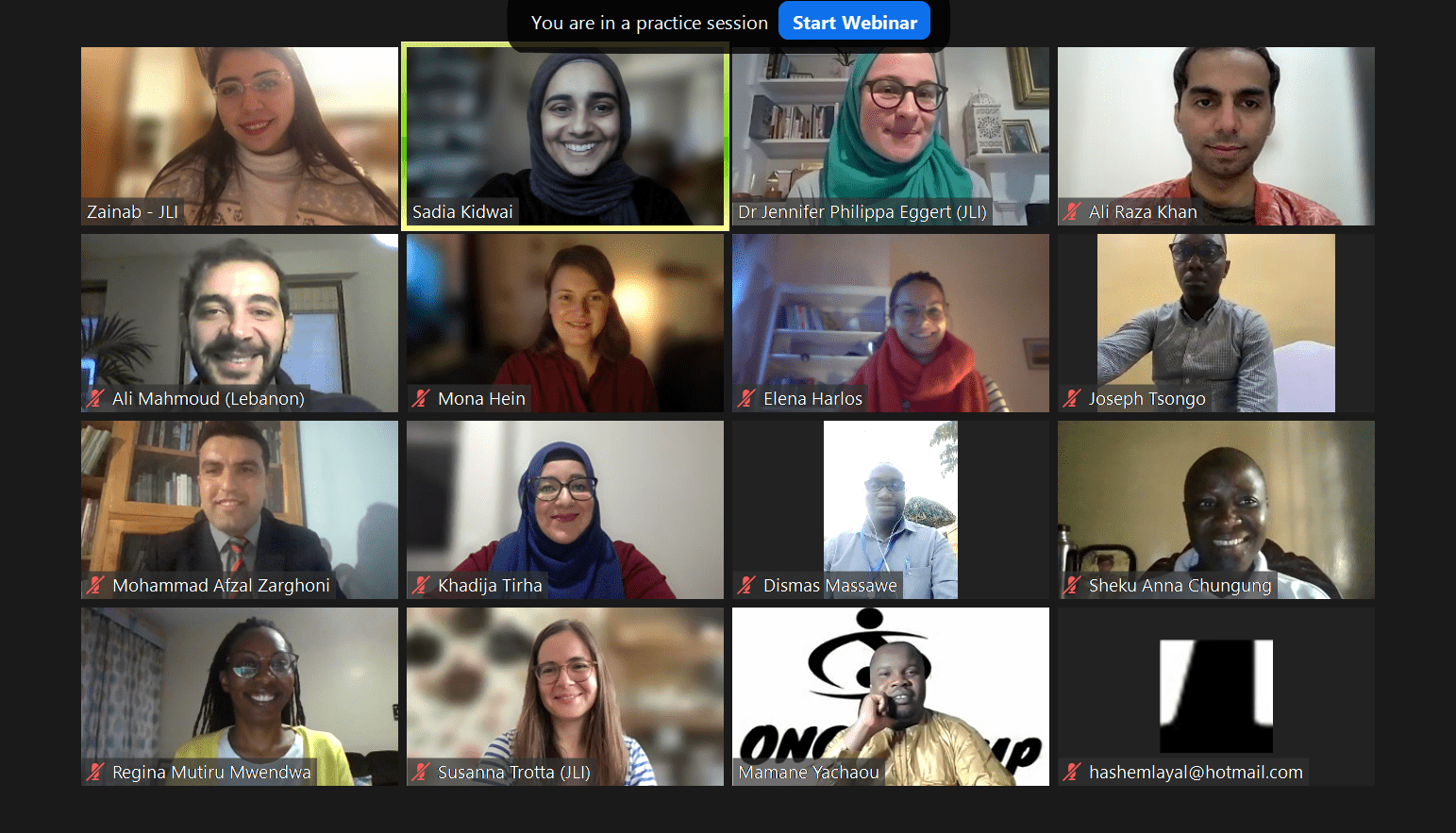

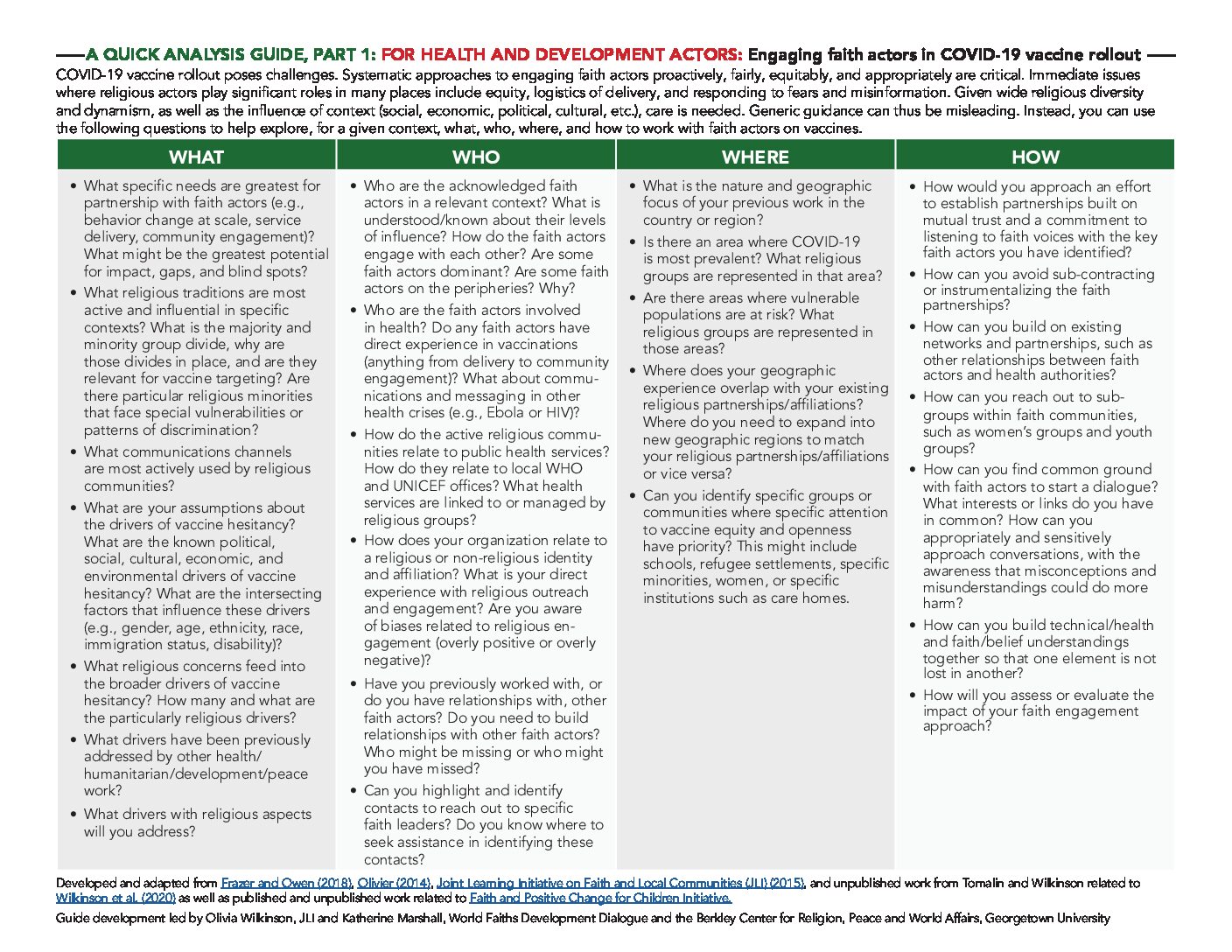
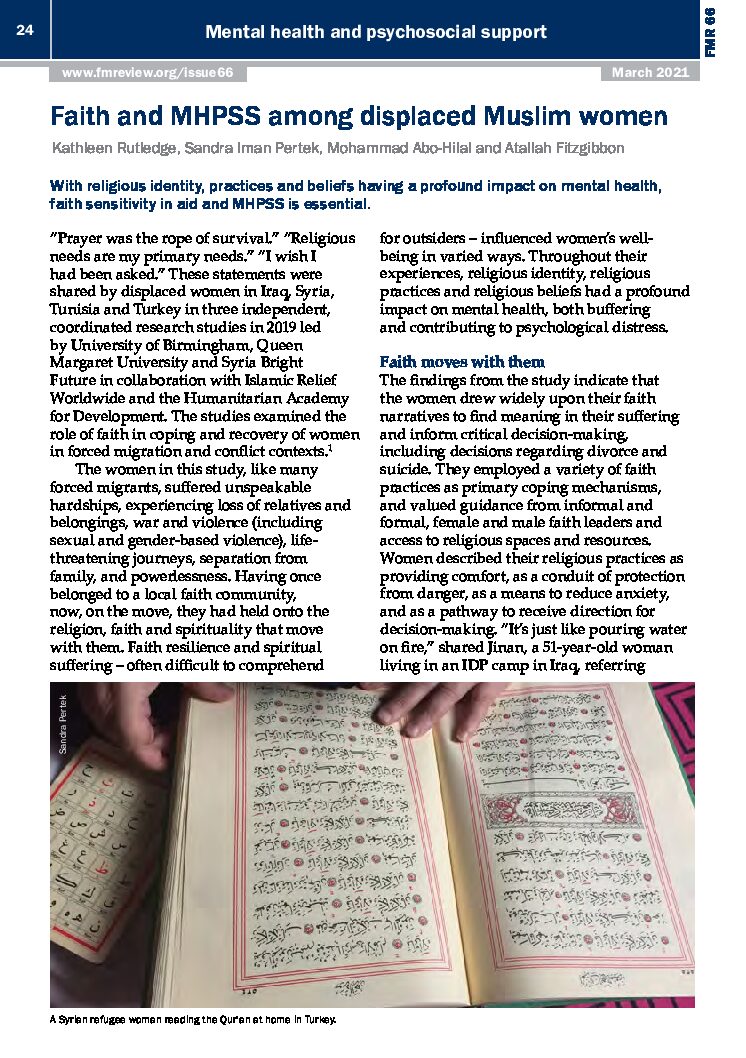
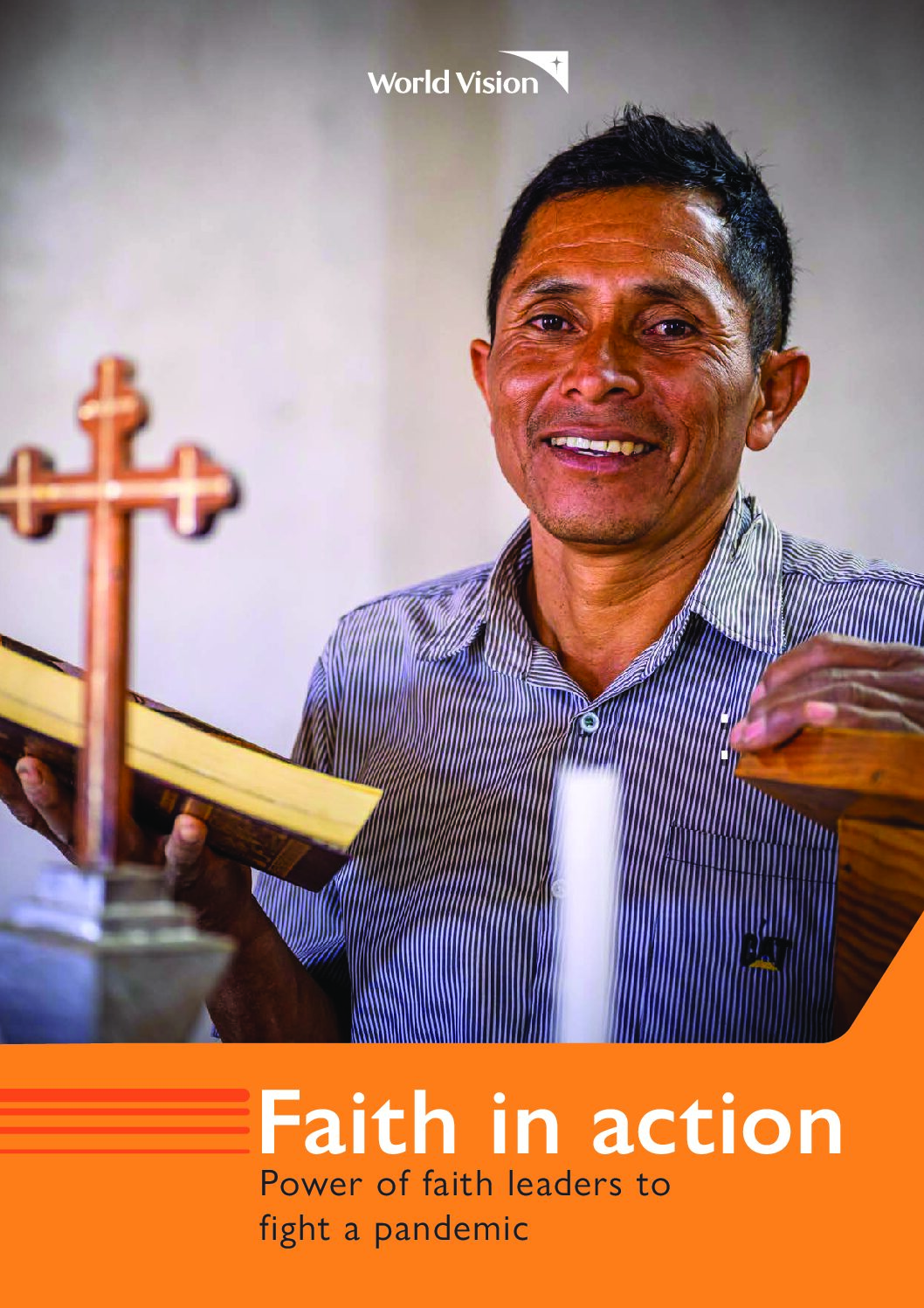
0 Comments